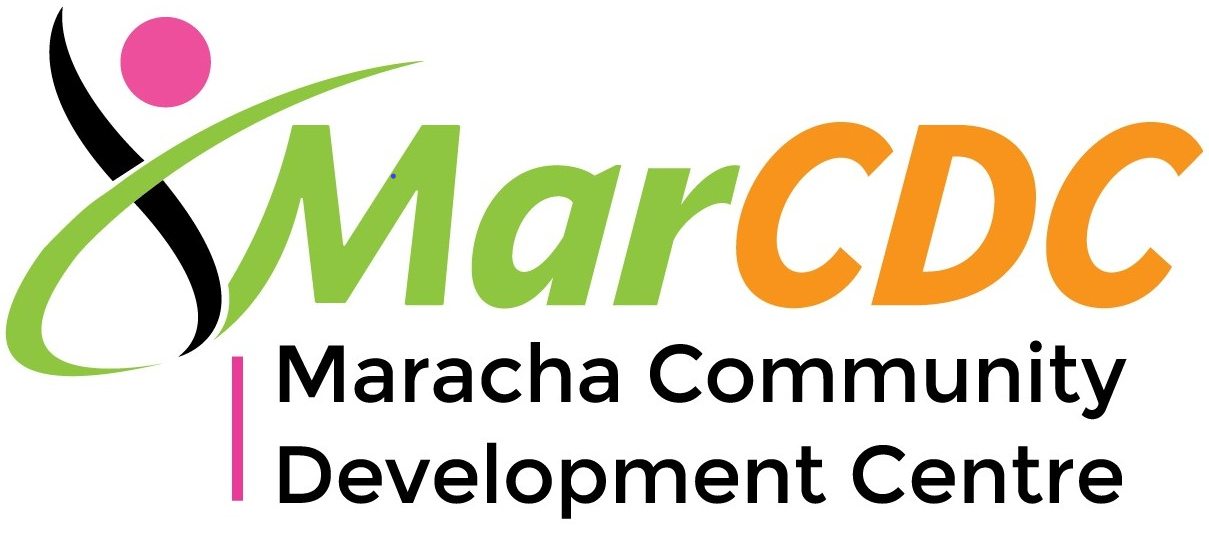Girl Child empowerment Programme


Tailoring Project
Girls’ in Maracha District just like girls in other parts of Uganda and Africa at large still face a huge gender gap due to the perpetuated stereotypes that women and girls are not supposed to go to school and acquire formal education but work in the homes, get married at an early age and bring wealth inform of dowry at the expense of boys whose education is prioritized by both parents and schools. The United Nations Girls Initiative in 2019 reported that more than 700,000 children between the ages of 6 and 12 have never attended school and around half of girls between the ages of 15 to 24 are illiterate and 4/5 girls do not attend high school.
According to research conducted by the United Nations Girls Initiative, the following are the major contributories to the high rate of school dropout and illiteracy levels among girls.
- Poverty is the largest contributor to low standards in girls’ education in Uganda. Although education is free, school supplies and uniforms are not. Therefore, when faced with either sending a son or a daughter to school, a son’s education will usually be prioritized.
- Due to high poverty rates, girls are usually expected to work as a way to increase the family’s income. The Global Partnership for Education reported that especially in rural areas, local traditions dictate that girls can be married in exchange for a sum of money given to the daughter’s family as payment.
- Uneducated girls are highly susceptible to sexually transmitted diseases as well as other health complications. Health issues put girls at a risk of not continuing their education.
- Girls are less likely to attend school during their menstrual cycle which creates gaps in a girl’s education. This is caused by inadequate infrastructure and resources for good hygiene in schools, especially for girls. Furthermore, girls often feel ashamed and embarrassed about their cycle because women’s health education is not a priority.
- 35% of girls drop out of schools because of early marriage.
- According to UNICEF, 23% drop out of school because of early pregnancy. Teenage pregnancy rates are very high in the world and statistics change from region to region with poorest regions having the highest percentage of teenage pregnancy.
Whereas Uganda has adopted many progressive policies and regulations to safeguard the rights of girls an increased investment and support in adolescent girls could have a dramatic positive impact on Uganda and its development. That is why, Maracha Community Development Centre (MarCDC) through her Constitution has come up with a number of programs to empower young girls and ensure their increased participation in communities. Some of these programs include offering vocational training courses to adolescent and disadvantaged girls such as tailoring Program, cosmetology, hair dressing, among others. These program focus on providing girls with skills and giving them tools such as enrolling them for short vocational trainings, identifying job opportunities and above all, setting up businesses in line with their pursued trainings from which they can derive income to deal with unfair realities in their daily lives. By doing so, the Organization aims at forging the next generation of confident women who will be self-reliant, outspoken, role models and leaders in their country. We are motivated by the fact that;
- Educating and empowering a girl is educating the nation;
- Educating and empowering girls will greatly reduce child marriage, early pregnancies and births, and high prevalence of poverty in the country thereby greatly improving the standard of living across Uganda.
- We also believe that a girl is more likely to invest back into the families as compared to boys.
